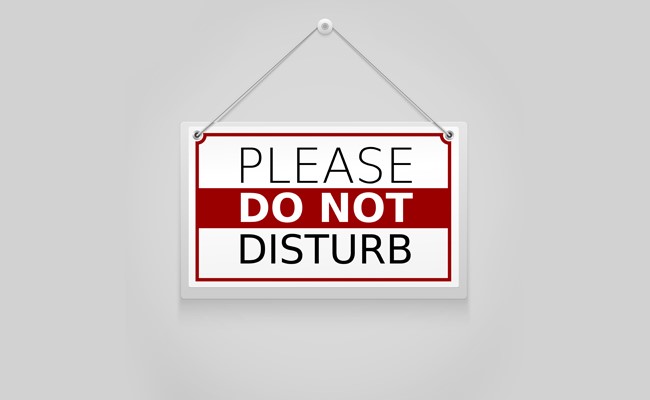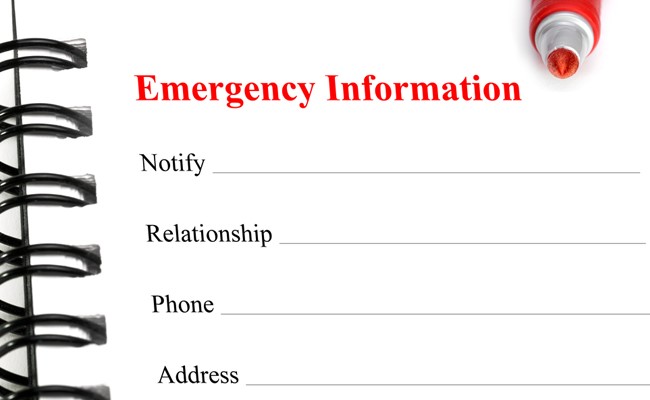
As a landlord, there are plenty of things your renters do that drive you crazy. From paying rent late and ignoring your phone calls to damaging your property and trying to hide things at move out, tenants are notorious for frustrating landlords. But that’s only half of the story. Whether you realize it or not, you probably do things that frustrate your renters. Some of them may even come as a surprise.
The trouble with frustrating tenants is that you may actually be driving away good renters. This increases your turnover and vacancy rates, which hurts your bottom line. Furthermore, tenants may talk to other tenants and encourage their peers to avoid your properties. While this is certainly an extreme situation, it’s something you need to be aware of. After all, you’re in the business of attracting tenants – not driving them away.
In order to help you put your best foot forward and maintain long-term positive relationships with your tenants, let’s highlight some of the top things good tenants hate.

Good tenants hate being disturbed. They hate being disturbed by neighbors, and they hate being disturbed by their landlord. This doesn’t mean they’re unfriendly or angry, but simply have a desire to be left alone. If you’re treating your tenants like they’re college students in need of supervision in a freshman dormitory, then you’re going overboard.
Only contact tenants when you need something from them or have a legitimate issue that concerns them. If your contract is properly drawn up, you don’t have to worry about watching their every move. Give tenants their privacy, especially when they’ve earned it.

There’s a difference between not disturbing tenants and ignoring them. If there’s something good tenants hate more than being disturbed, it’s being ignored. If a tenant reaches out to you and asks a question, then you should make it your duty to respond within a reasonable timeframe. Ignoring questions, comments, or concerns is irresponsible and rude.

If you own rental properties long enough, you’re going to experience emergency situations. This might include small fires, overflowing toilets, leaks, power outages, break-ins, and other similar issues. While you can’t plan for every possible situation, you can make sure tenants feel prepared.
Clearly post emergency contact information and protocol for problems. A good place to post this information is on the side of a refrigerator or inside a kitchen drawer. For example, a tenant should know what to do if a toilet overflows. The note would say something like, turn off the water valve, clean up the water, attempt to fix the issue, call a plumber, and notify the landlord.
While it can seem a bit laborious to develop protocol for so many different potential problems, it’s a wise thing to do. It helps tenants feel in control and may save you some time and money in the long run.
Few things frustrate a tenant more than not being able to park nearby. This probably won’t be an issue if you’re renting single-family properties, but comes into play when you rent multi-family units. Parking can be a big problem and is often the start of conflicts between different sets of tenants.
This is something you should sit down and discuss with tenants. They should clearly understand the parking policies and multiple backup options should be given if parking is limited.
While rent increases are sometimes necessary in order to stay profitable, you should carefully consider any rent increase before acting. Raising rent just for the sake of increasing your profits can come back to bite you. It’s better to have a long-term tenant consistently pay a lower rent than to raise rents and force a good tenant to leave.
There are ways to raise rent without losing tenants, but you must walk a very fine line. We’ve discussed this topic in a previous post, so go back and review it for more information.
Tenants want to feel safe. In fact, tenants will pay a premium just for the feeling of extra security. If you aren’t sensitive to this, you’ll ruin a lot of otherwise healthy relationships.
Some of the ways you can create a safe environment for tenants include installing a security system, giving tenants your phone number, asking police to regularly patrol through the neighborhood, and keeping common areas clean.
Tenants don’t expect repairs to be done immediately, but they certainly don’t want to be left without working appliances or amenities for days or weeks on end. Ignoring repair requests is a sure fire way to drive tenants crazy.
The key to handling repair requests is being prompt in your response time. Even if you can’t deal with something right away, you can respond right away. Tell them that you’re busy and will have to wait a few hours before you can deal with the problem. This is better than simply ignoring their request and not responding until the next day.
Just like you enjoy being appreciated, tenants like to know they’re cared for. Any time you have a good tenant, you need to thank them for being responsible and attentive. This increases the likelihood that they’ll continue to be a good tenant in the future. On the contrary, if they feel underappreciated, they may get lazy and start looking out for themselves.
At Green Residential, we understand the tenant-landlord relationship better than anyone. We’ve been in the property management business for more than 30 years and have worked with thousands of tenants. As a result, we understand what makes them tick, what sort of things they dislike, and how landlords can develop positive and profitable relationships that last.
If you’re interested in building positive relationships with your tenants, but don’t have the time or energy to constantly be on call, then you may find our property management services useful. Contact us today and we’d be happy to explain them in more detail.
